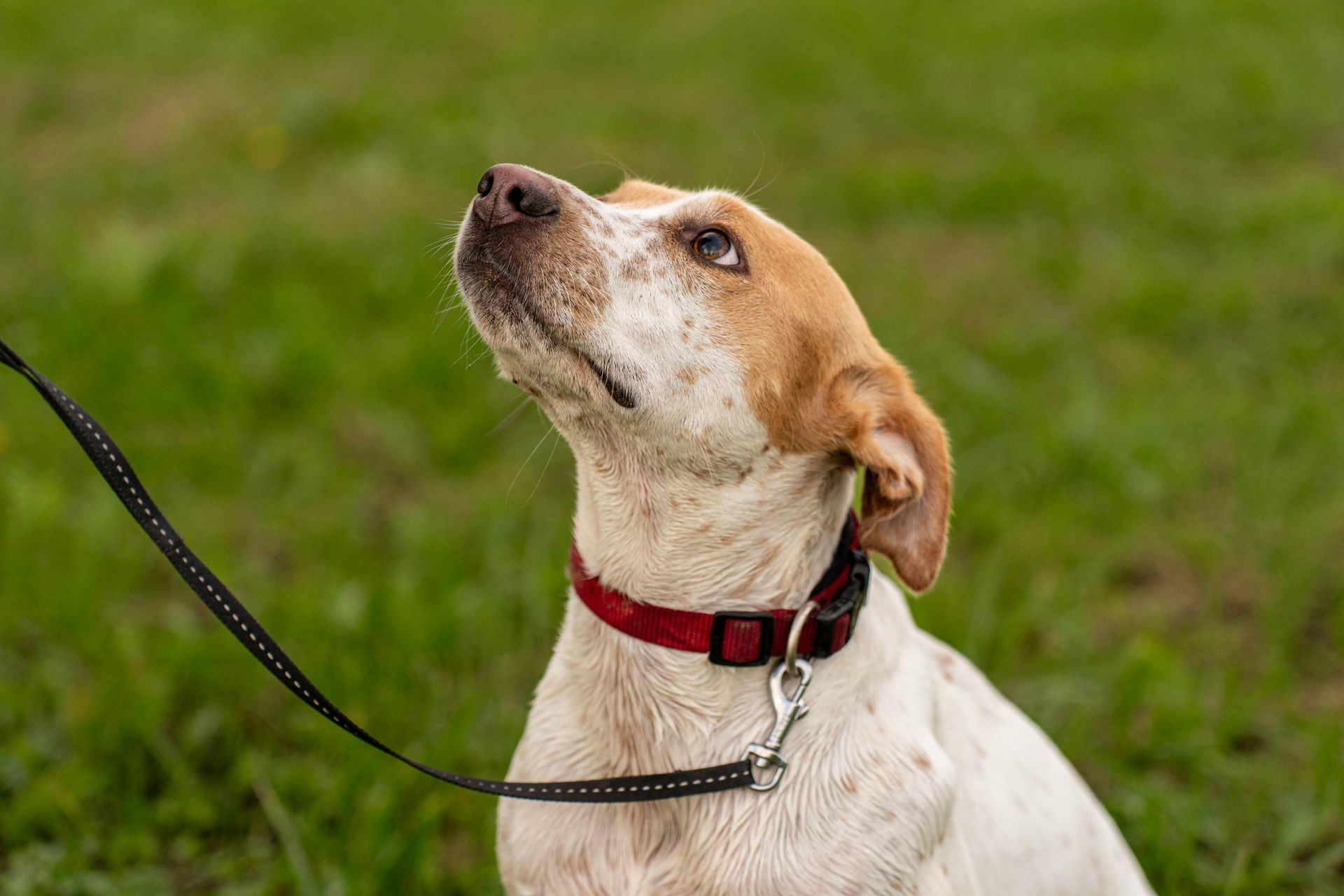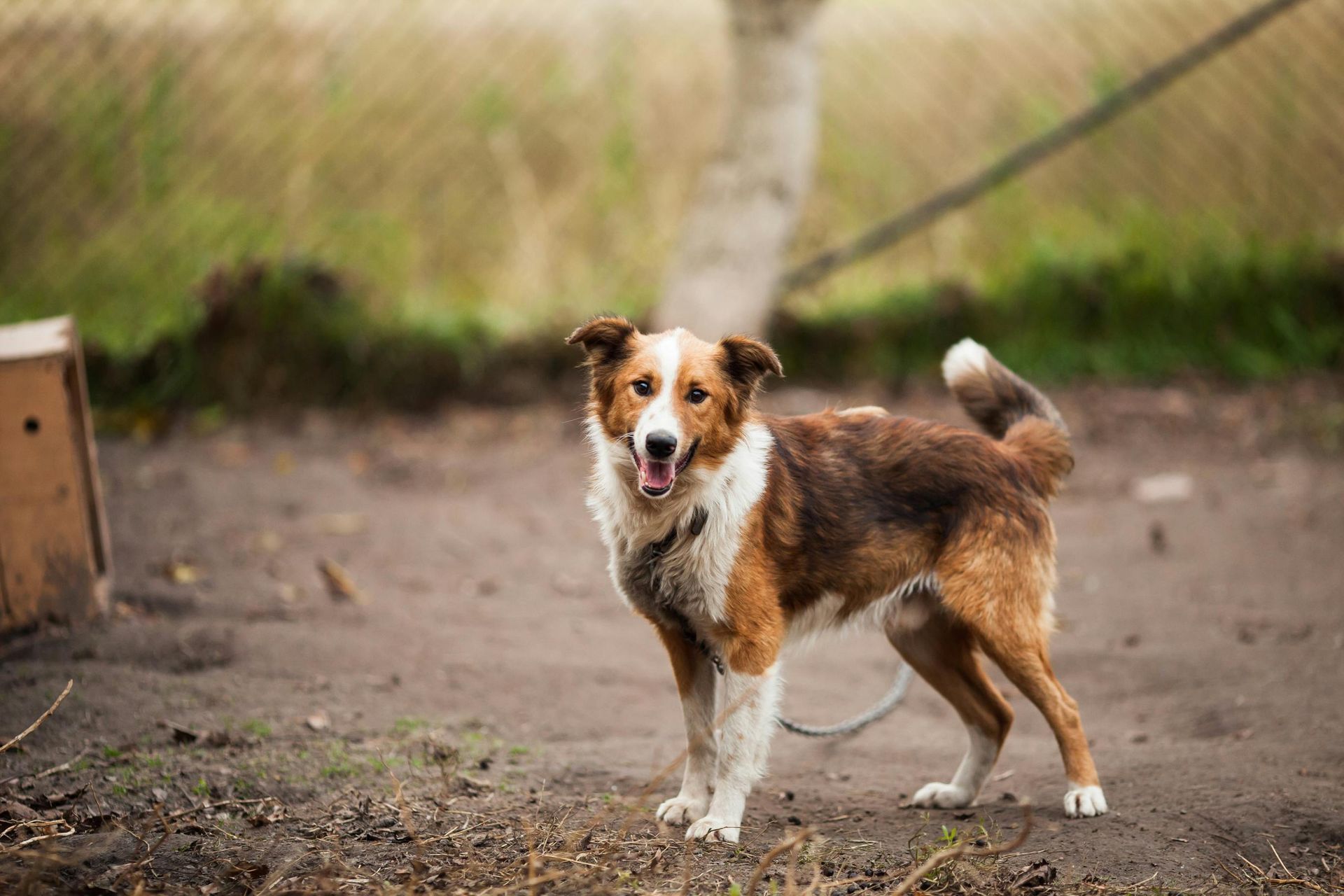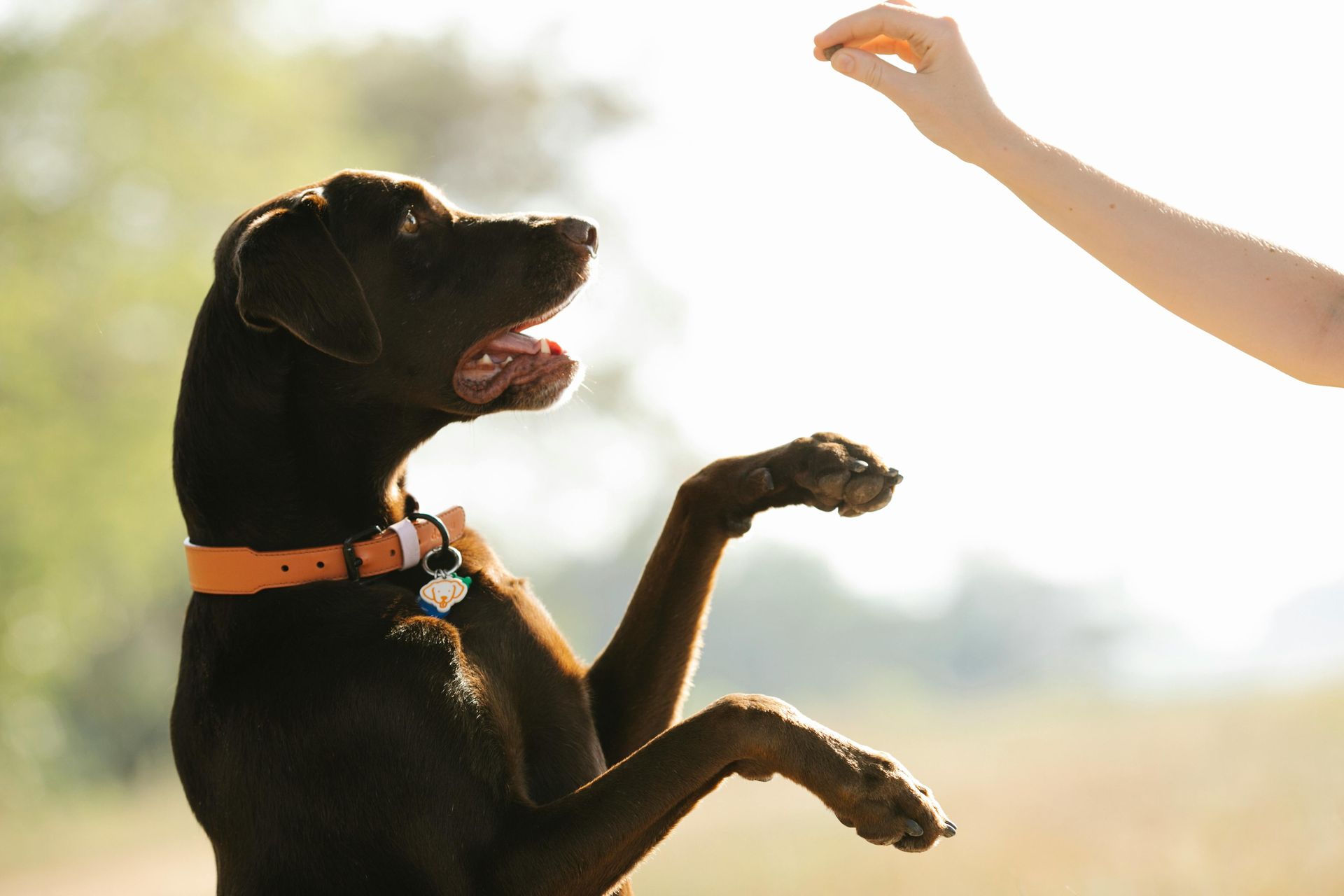Your Dogs Vaccinations
Vaccinations play a crucial role in maintaining the health and well-being of your dog. They prepare your dog's immune system to fight off infections should they come into contact with various diseases. Here's an overview of why vaccinations are essential, which ones your dog needs, and the schedule you should follow.
Importance of Dog Vaccines
Vaccines work by introducing modified bacteria or viruses that do not cause disease but instead train your dog’s immune system to recognize and combat these pathogens effectively. While not every vaccine guarantees complete prevention of a disease, they significantly lessen the severity and can save lives by preventing conditions that are often deadly and highly contagious.
Core Vaccinations Every Dog Needs
The American Animal Hospital Association (AAHA) recommends several core vaccines for all dogs regardless of their lifestyle. These include:
- Canine Parvovirus: A severe virus causing gastrointestinal issues; highly contagious and persistent in the environment.
- Canine Distemper: Affects the respiratory, gastrointestinal, and nervous systems and can be fatal, especially in puppies.
- Hepatitis: Targets the liver and other major organs; spread through bodily fluids like urine and saliva.
- Rabies: A fatal viral disease affecting the nervous system; vaccination is legally required in many places due to the danger to humans and other animals.
Non-Core Vaccinations
These vaccines are administered based on a dog's risk of exposure, which can depend on geographic location, lifestyle, and overall health. Non-core vaccines include:
- Bordetella Bronchiseptica: Known for causing kennel cough, highly recommended for dogs that frequent kennels or social settings.
- Canine Influenza: For dogs in high-density environments like shelters or boarding facilities.
- Leptospirosis: A bacterial disease spread through wildlife urine, recommended for dogs with a lot of outdoor exposure.
- Lyme Disease: Transmitted via ticks, particularly in wooded or grassy areas prevalent in the Midwestern and Northeastern U.S.
Vaccination Schedule
Puppies should start receiving vaccines at about eight weeks old, with boosters every three to four weeks until they are about 16 weeks old. This schedule helps them build immunity as the natural protection from their mother's milk wanes. Adult dogs might need boosters every year or three years, depending on the vaccine type and the dog’s overall health status.
Managing Vaccine Side Effects
While most dogs handle vaccinations well, some may experience mild side effects like soreness at the injection site or temporary lethargy. Severe reactions are rare but require immediate veterinary care.
Conclusion
Vaccinations are a critical part of your dog’s health regimen. They not only protect your pet but also contribute to the broader community's health by preventing the spread of serious diseases. Always discuss with your vet to tailor a vaccination plan that suits your dog’s specific needs, ensuring they lead a long, healthy life.
Remember, keeping your dog vaccinated is a key responsibility as a pet owner. It’s not just about adhering to legal requirements—it’s about providing the best care for your furry friend and safeguarding the community against preventable diseases.








